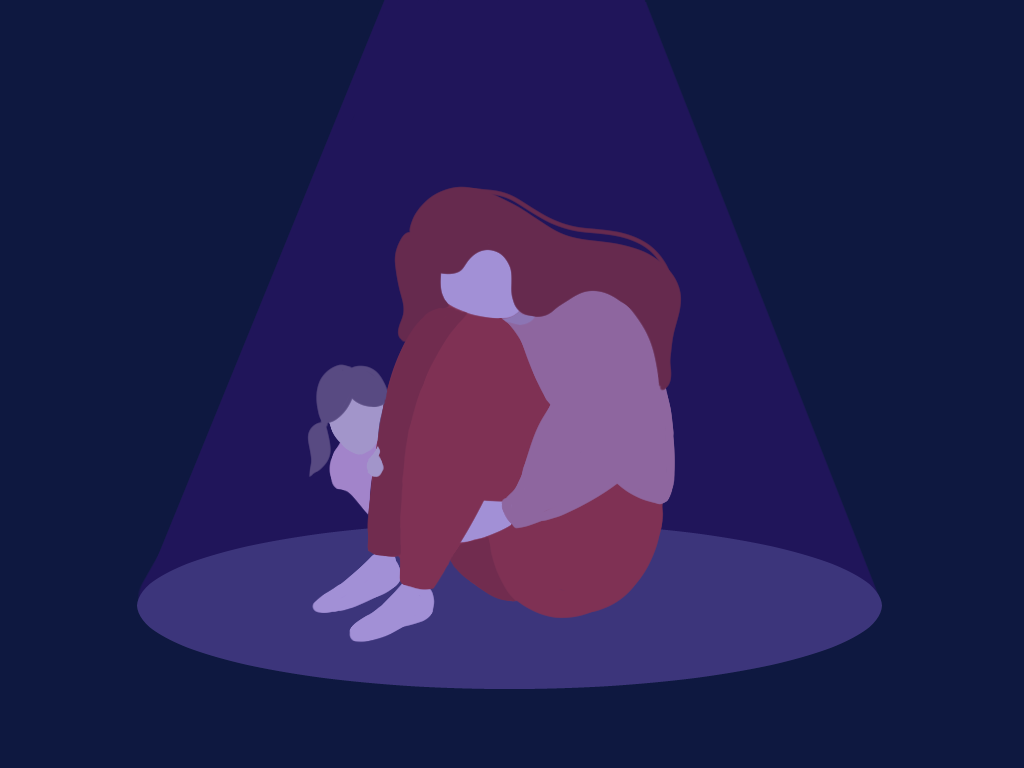During anatomy office hours, a fellow medical school classmate lamented to me, “I know literally nothing.” This was understandable, given the hundreds of body parts we were expected to learn that week. He then proceeded to identify every muscle, tendon, nerve, artery and vein of the cadaver in front of us.
Friends warned me of the “Stanford Duck Syndrome” before I arrived at Stanford. For those not familiar with the term, Stanford Student Affairs defines it as “the idea that students are struggling to survive the pressures of a competitive environment while presenting the image of a relaxed student, like a calm duck gliding across a fountain.” Yet on campus, I’ve encountered the opposite.
I get the impression that some Stanford students have everything together all of the time, while presenting the image of a stressed student. My fellow medical school classmates speak a dialect of self-deprecation that I’m only starting to comprehend. Thus far, I have not heard a single classmate who has said something along the lines of, “I have a solid grasp of the course material.” Am I really to believe one of the best cohorts of medical students in the world doesn’t have a single student who knows the ins and outs of Human Genetics? This cohort includes medical students who earned PhDs in genetics.
Throughout my white coat ceremony — medical students’ formal induction into the profession — well-meaning faculty would say things to the effect of, “Everyone will have impostor syndrome at some point. Don’t let it get to you. You deserve to be here.” In some sense, those words sparked inspiration. Here I was, walking amongst future Surgeons General and Nobel Prize winners. Yet at the same time, those words carried equal capacity to trigger feelings of inferiority. If the Rhodes scholar, ex-special forces officer, Science first-author classmate feels impostor syndrome, who am I in comparison? I believe this to be one principal component of impostor syndrome: our human tendency to compare ourselves to others. And when someone you admire says they “literally know nothing,” your own inferiority complex cuts deeper.
Although my experiences are grounded in Stanford’s medical school, I believe that this phenomenon permeates the Stanford student experience. I encountered similar attitudes in a lab rotation. In fact, I heard these attitudes way back during my high school days. During a college admissions information session, an audience member asked a Stanford undergraduate, “What makes you special? How did you get in?” The Stanford student replied, “I don’t know. I got lucky.” It didn’t take long before this “lucky” Stanford undergraduate talked about how he co-founded a startup in high school.
On the one hand, I am constantly in awe of my colleagues’ and classmates’ humility. Working for the World Health Organization is “just some public health stuff.” But I beg to differ! It is admirable and noble and inspirational. I want to praise my colleagues and classmates, if only they would allow me. When we constantly devalue ourselves in the name of humility, we can’t help but internalize these self-deprecating thoughts (see: illusory truth effect). Anything said with enough repetition may turn into our internal truth. And I would hope for my classmates’ truth to be something other than, “I know literally nothing.”
Importantly, when we devalue ourselves, we are not only mentally but physically vulnerable. I don’t endorse toxic positivity or insufferable confidence—yet surely, the converse is equally unhealthy. No singular conversation will fix such deeply rooted problems. But we can build each others’ and our own self-worth in seemingly insignificant, genuine interactions. During anatomy office hours, instead of professing, “I know literally nothing,” we can instead choose to say, “I can identify the muscles. However, I don’t quite know where the anatomical landmarks are. What about you?” The former can easily alienate a classmate who truly does not know the course material, whereas the latter encourages a helpful and genuine discourse. Honesty may not always be the best policy, but it sure helps. These interactions invite dialogue on our talents—and our true weaknesses. They make us better teammates. They humanize us.
Stanford has long fought against the practice of unhealthy “Stanford Duck Syndrome.” I ask that we have an open conversation about this cultural counter-phenomenon, where students are no longer displaying humility but humiliating themselves. Psychological phenomena like the illusory truth effect can harm us; they can also improve our mental well-being if used correctly. In lieu of reinforcing the idea of “I know literally nothing,” instead show confidence in what you do know. Physiological benefits aside, higher self-esteem can lead to better social relationships! So let’s aim high. Use that energy where it matters most, such as in times we should practice cultural humility, not in times we feel the need to crack a self-humiliating joke. We should be humble and confident. We can strive to be remarkable and human.
Steven Truong is an MD-PhD student in Stanford’s Medical Scientist Training Program. He is from Minneapolis, Minnesota.
